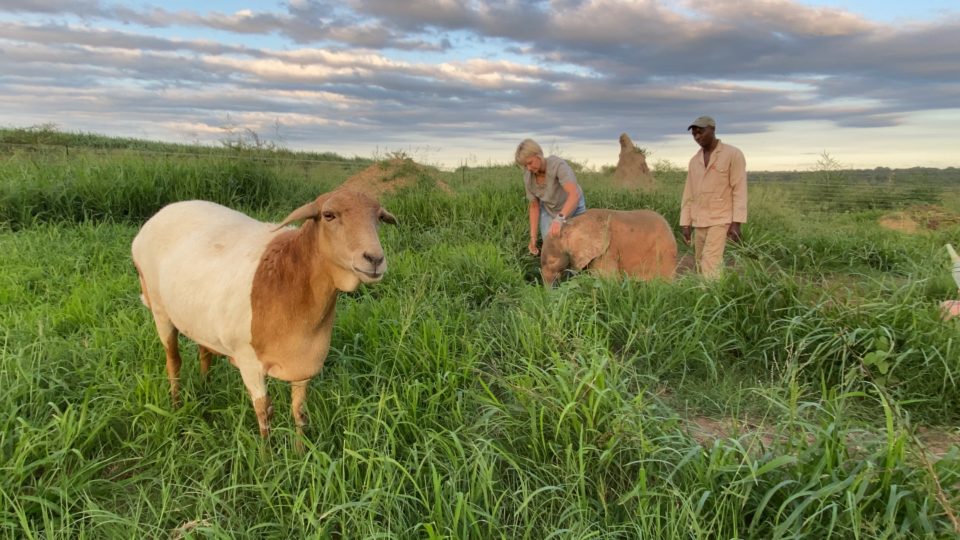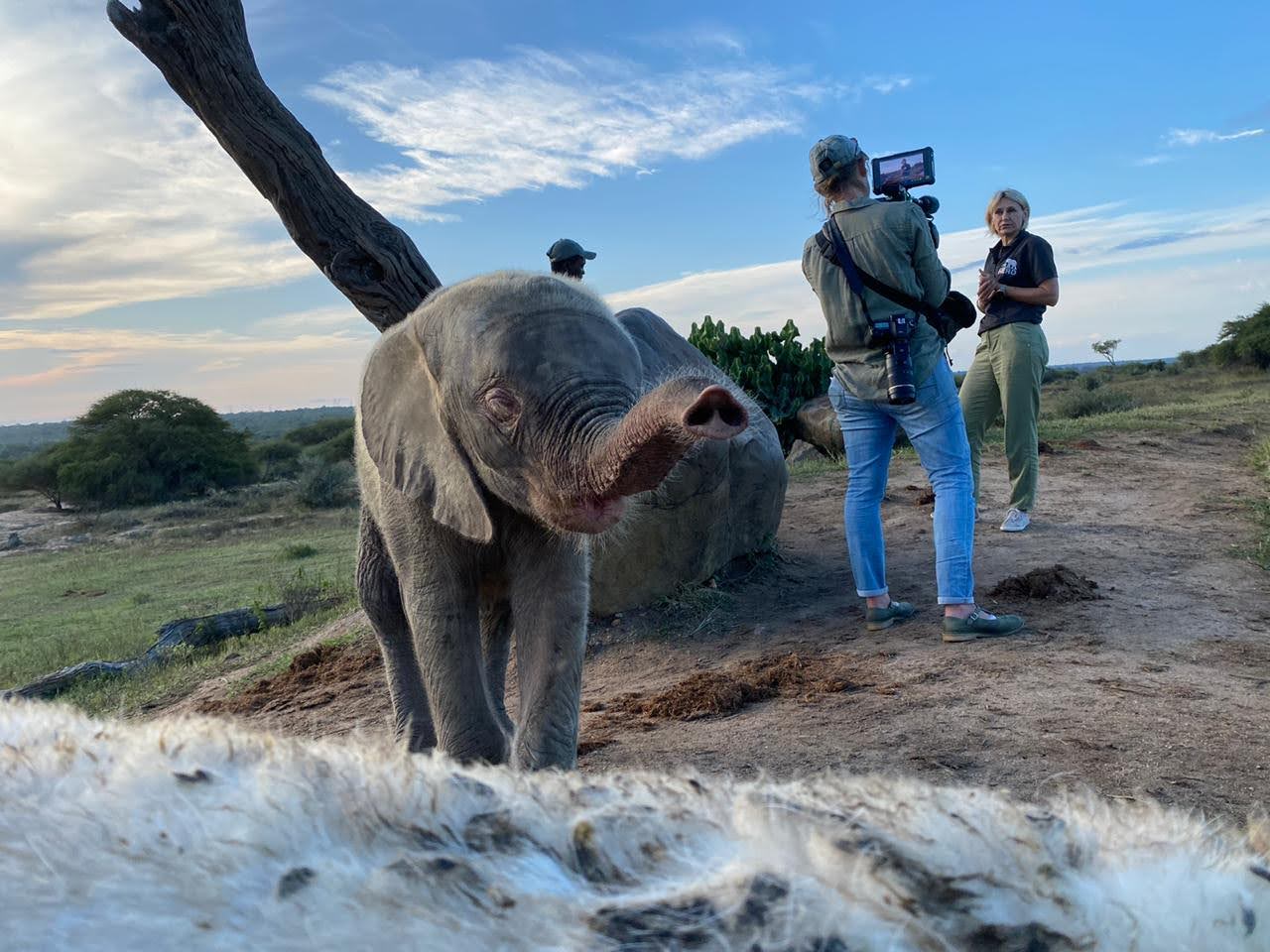We recently had the privilege of hosting a group of 22 students as part of a Bush Babies Environmental Educational, led by Lewyn Maefala.
The Bush Babies’ environmentally-based education programme is currently offered to 10 schools in local communities surrounding the Greater Kruger National Park. It aims to provide guidance to our future generations, to develop young learners into compassionate, experienced and conservation-minded adults who can work constructively and collaboratively to improve their communities and society. The Bush Babies programme targets the age groups of 12 to 17 years, with material connected to the school curriculum.
The Mini Bush Babies programme is aimed at learners between the ages of 7 and 9 years. This is when most learners start going to school – a very important time to start instilling the core principles of environmental education. Some of the other programmes that are run include the School Holiday Programme, where children attend Holiday School if their parents are hard at work on the neighbouring reserves. Nature Guardians is another programme, where senior members of the Bush Babies group are chosen to keep up the natural appearance of their schools. Other projects include environmental bush camps and the Dress Me To Learn initiative – where children in need are provided a school uniform.
The importance of environmental education and the role it must play in the broader conservation picture is often underestimated. In the past conservation management was practiced in a very compartmentalised fashion instead of the holistic way that it is approached today. In the past, conservation would have taken place on a reserve level alone, with very little to no regard for value-adding activities outside of one’s perimeter fence.
Over time, people noticed that human conservation is one of the most critical aspects of the larger conservation management machine.
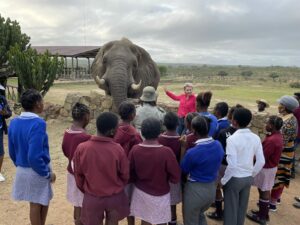
As communities grow larger, they move closer to reserves this often brings with it, heightened levels of human-animal conflict. Another facilitator of this conflict can also be attributed to poverty. As populations grow exponentially, often at a faster rate than the economy, unemployment and therefore poverty is on the rise. And in rural areas such as the Greater Kruger area, this often leads to impoverished members of society making their way into untouched reserves as resources where abundant. To many of these vulnerable members of society, they do not yet understand the value of these wildlife areas and often only see how they are being excluded from this abundance of natural resources, all while there is a life-threatening shortage of resources within their own communities.
Poaching can vary in its severity and intent, from simple sustenance poaching for the next meal to organised efforts targeting species such as rhino, elephant, and lion to name a few. Reserves have an essential role to play in the effort to mitigate this growing conflict between man and wildlife by growing this understanding in respective surrounding communities.
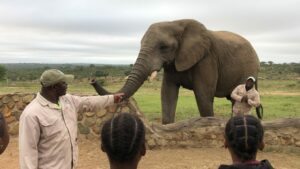
This action is to benefit both the reserves and communities. As reserves gain a generation of sensitised individuals who acknowledge the value of reserves as well as a generation that has been brought up with the right knowledge and skills to also be employed on theses properties. The reality of the rural economic engine is that the number of professional jobs is often very limited and difficult to get into. One of the most important messages that wildlife areas must bring to communities is that not everyone can be a lawyer, doctor, or banker and that becoming a tractor driver, anti-poaching officer or dog handler can also be a deeply meaningful career path to strive to.
Through environmental education projects such as the Bush Babies school project, reserves all around South Africa are making their impact in developing conservation philosophies in children from a young age, transitioning into a society that is protective of its natural heritage, making informed decisions and taking responsible action.
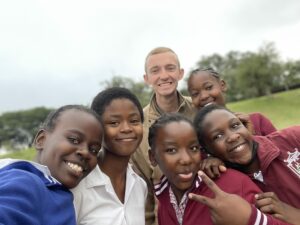



 Comment
Comment


